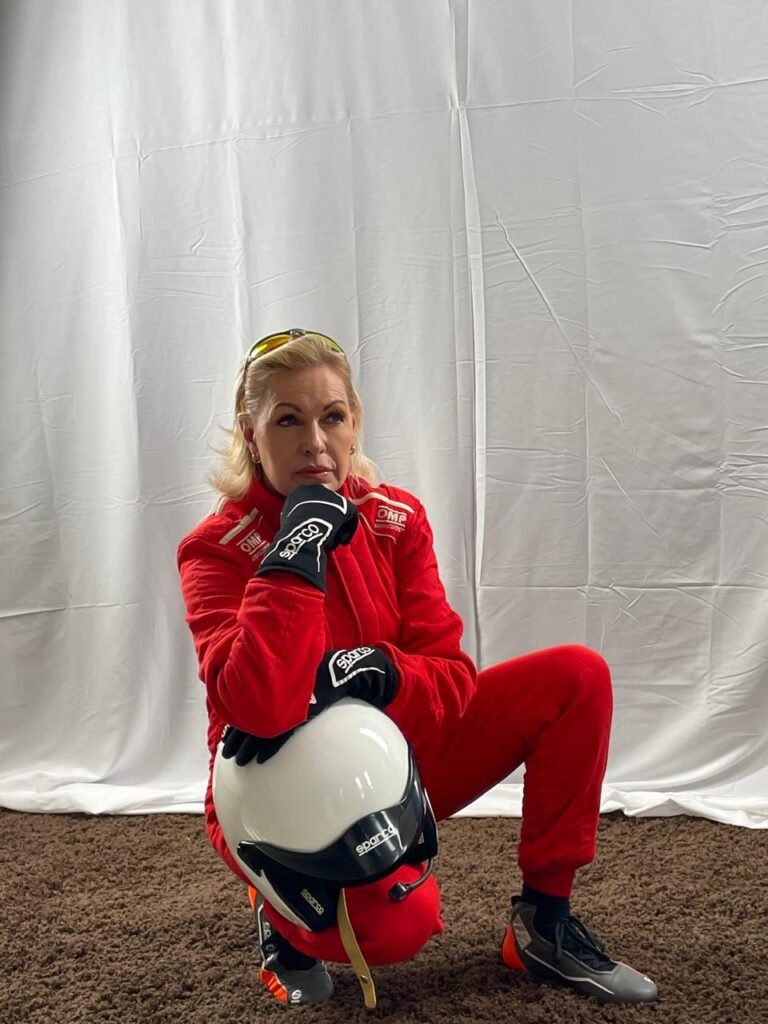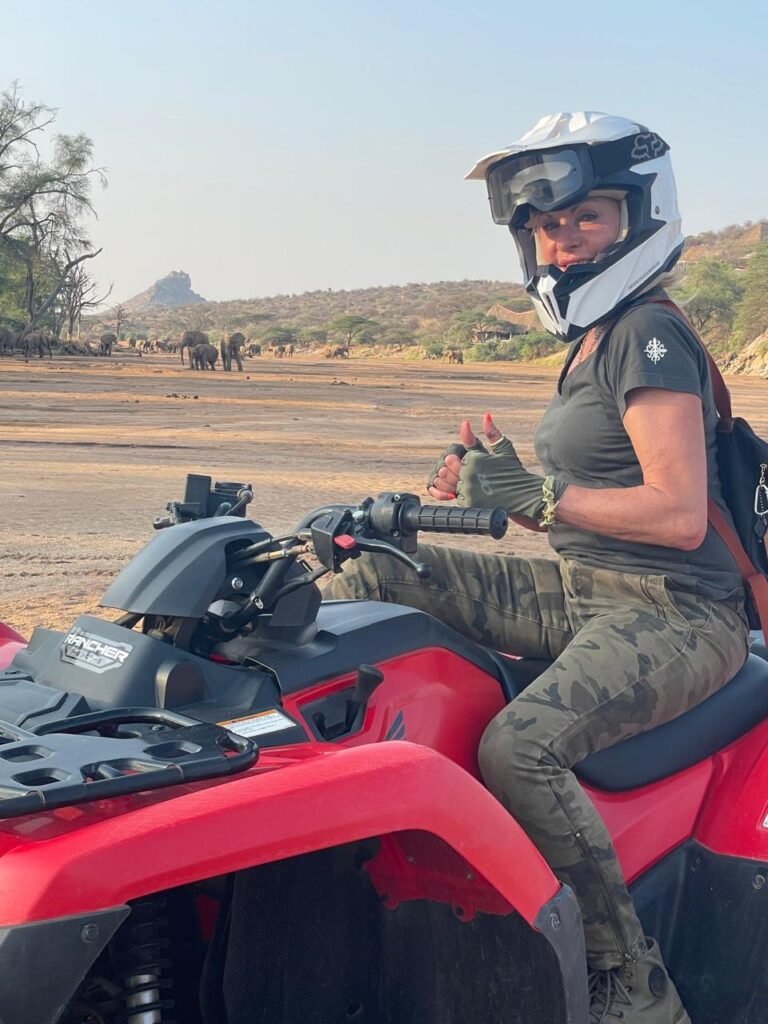June 27, 2021 would have passed as just another fun-filled and dusty day in the bundus of Hell’s Gate, Naivasha, where the Safari Rally championship was taking place.
The then Sports minister, Amina Mohammed, had invited Lisa Christoffersen to enjoy the last leg of that year’s World Rally Championship (WRC) Kenya tour. Together with their friends and family, they were cheering on the roaring vehicles which were zooming towards the finishing ramp when Lisa noted a peculiar trend: There were no women drivers taking part in the rally!
“I am only seeing ladies standing on the sidelines as cheerleaders,” she said to the minister. “Where are the ladies? They should be in the cars rallying.”
It was at that moment that she knew she could do something about it.
“I am going to start a women’s only rally,” she said after ruminating over the idea.
“We will call it ‘The Lionesses’ rally,” Amina said as though on cue.
As the idea germinated, “girls” who were interested in rally were invited for training, including as navigators. They would meet every Sunday for the sessions under the watchful eye of George Njoroge, who was chairman of the Kenya Racing Team at the time, and his associates, who also offered their own rally cars for use by the trainees and trained the teams on how to bond with one another while inside the pressure cabin that is the rallying car.
That dream became a reality in March 2022 when the first edition of The Lionesses rally was held on the tracks at the Moi International Sports Stadium, Kasarani. This was not just a Kenyan milestone; the rally was also the first of its kind in Africa.
What was unique about it was that the officials, security officers, marshals, fuelers, and support staff were all women. The organisers, led by Lisa, had negotiated a partnership with Kingsway Tyres, which had been training the rallying enthusiasts on skills such as how to change tyres.
Brookside also hopped on board, donating copious amounts of milk for the rallying teams, their staff, and fans. T3, an upcycling company based in Athi River, also came in handy, collecting all the plastic waste generated that day, and more, for use in making polythene threads for various re-use purposes, including the manufacture of clothes.
The icing on the cake, however, came in the form of the support that the then CEO of the World Rally Championship (WRC), Pheanis Kimathi, gave to the organising team, including authorising the use of the Kasarani track for the inaugural race.
From that humble beginning, the pride of The Lionesses has been growing slowly but steadily. Last year, four drivers, Lisa included, took part in the rally, all sponsored by Talanta Hela, a programme for supporting sports talent that was initiated by then Sports Cabinet Secretary Ababu Namwamba.
Three of the four Talanta Ladies ended up on the podium: One for WRC, one for KNRC (Lisa), and another for the Africa Rally Championship (ARC). If you saw rally cars draped in the colours of the Kenyan flag, that was them.
“I started the rally to encourage young girls to take charge of their lives,” says Lisa on the big goal of the rally beyond the tracks. “How do you drive through life as a woman? How do you navigate? How do you find your way back if you take a wrong turn in life?”
For her, it meant that a woman could do this literally in the rally car and metaphorically while confronting the challenges of life.
“Women can actually take charge of their lives,” she says, making a case for her decision to challenge patriarchy inside and outside rallying cars.
With time, she has brought more women to take part in what has traditionally been a male-dominated sport.
This week, Lisa, whose father, Eric Christoffersen, was a rally driver back in the 1980s, is back behind the wheel, raring to once again take part in the KNRC, this time navigated by Christabel Wacuka Mwangi.
To get there has not been easy though. She has been in the gym for days on end, working on strength training, including by taking up kickboxing, just to prepare for the grueling rally that tests man, woman, and machine to their utmost limits.
Rallying, she implies, is a team sport in more ways than one. And one way one can become part of the team is through sponsorship, one of the critical ingredients for success, and one that Lisa needs as much as the next driver.
“We need financial support,” says Lisa, who is also the brand ambassador for the Ford Raptor, which she has been using for route recce ahead of this week’s rally. It is a beautiful beast, made for the road, and away from it, and Lisa revels in torturing it whenever she has an opportunity to.
She is clear in her mind that the support she will receive will not just be guzzled by the rally car.
“I am a billboard on wheels,” she tells potential sponsors, offering value in terms of visibility considering that the rally this year is expected to attract six billion television viewers from all over the world.
Her aim is not just to win but also to represent Kenya by racing alongside the world’s greatest rallying champions.
“With the right support, we can make it happen and showcase the incredible talent and passion that drives us,” she says.
Her motto — “Drive for Change” — is inspired by the fact that as a cancer survivor, she intends to use the rally to secure financial support for children with cancer as well as to inspire young girls to navigate their lives towards a better future through mentorship.
“Every kilometre driven will raise funds aimed towards supporting children with cancer,” she promises.
When Lisa is not racing, or managing Lifestyle Gigiri, her commercial property not far from the UN headquarters, she is an author as well as an interior designer.
Her better-known book remains Bush Friendly Tips for Girls (Boys Too): Your Ultimate Safari Guide to Kenya. She also published a sentimental children’s story book, A Monkey’s Wedding. Oh, and she at one time featured in the Real Housewives of Nairobi reality TV show.






